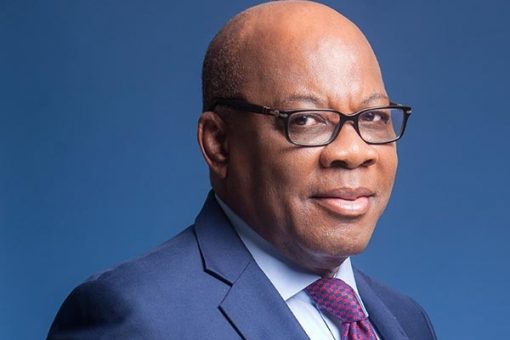
A former President of the Nigerian Bar Association (NBA), Dr. Olisa Agbakoba (SAN), has unveiled a three-point strategy he believes can transform Nigeria into a N1.5 quadrillion economy within 10 to 15 years.
In a letter addressed to the Minister of Finance and Coordinating Minister of the Economy, Mr. Wale Edun, the lawyer lauded the Bola Ahmed Tinubu administration’s economic strides but warned that exchange rate volatility remains the country’s greatest challenge.
“We currently have one of the highest currency volatilities in Africa, with the naira depreciating by over 40 per cent in 2024 alone. The naira lacks fundamentals – tangible economic pillars that give people the reason to hold and use it,” he wrote.
To reverse this trend, Agbakoba proposed three transformative reforms – land and real estate titling, credit economy expansion, and agricultural mechanisation – to unlock dead capital, deepen domestic markets, and stabilise the naira.
Citing studies by the World Bank, PwC, and his law firm, Olisa Agbakoba Legal (OAL), Agbakoba noted that about 90 per cent of Nigerian land and real estate has defective or no titles, rendering them “dead capital”.
The lawyer argued that formalising property rights would unleash massive liquidity by enabling property owners to use their land as collateral for loans.
“By digitising and harmonising land records nationwide, we can unlock over N1.5 quadrillion trapped in dead assets,” he said.
According to him, accelerating the ongoing National Land Registration and Titling Programme could stimulate credit markets, attract investors to domestic assets, and provide a solid backing for the naira.
Agbakoba identified Nigeria’s cash-based economy as another major obstacle to growth.
The SAN proposed a robust legal and policy framework that promotes consumer and business credit, arguing that access to loans in naira would stimulate local production and reduce pressure on foreign exchange.
“If 200 million Nigerians each have N300,000 in credit, that injects N60 trillion into the economy. Credit markets deepen financial systems and give intrinsic value to the naira,” he said.
Agbakoba likened the model to developed economies where citizens rely on credit for housing, education, and enterprise, noting that such systems expand consumption and create jobs.
The third pillar of his proposal is the mechanisation of agriculture, which he described as key to productivity and foreign exchange stability.
According to him, while Nigeria’s agriculture employs over 30 per cent of the workforce, it contributes far less to the gross domestic product (GDP), compared to the United States, where only two per cent of the population generates $1.5 trillion in agricultural output.“Productivity, not the workforce size, determines success. Mechanisation will raise output, reduce food imports, and make Nigeria a net exporter,” he said.
Agbakoba stressed that enabling farmers to access capital through proper land titles would attract investment into the value chains, such as food processing, logistics, and agri-finance, thereby generating new foreign exchange inflows and strengthening the naira.
The former NBA president acknowledged that implementing the reforms would require “painstaking but doable” effort and long-term vision.
He added: “If well handled, we will see significant improvement in a few years with reduced volatility and a stronger naira. The difference between incremental improvement and transformative change is ambition matched with execution.”
Agbakoba also referenced an accompanying policy paper by his firm, titled: “Devolution is the Solution: Foundational Reform Agenda for Nigeria’s Transformation,” which elaborates on complementary reforms in oil and gas, maritime, and manufacturing sectors.
The lawyer added that if these measures are pursued decisively, Nigeria could build a resilient economy underpinned by real fundamentals – creating prosperity that would last for generations.
Source; The Nation News
